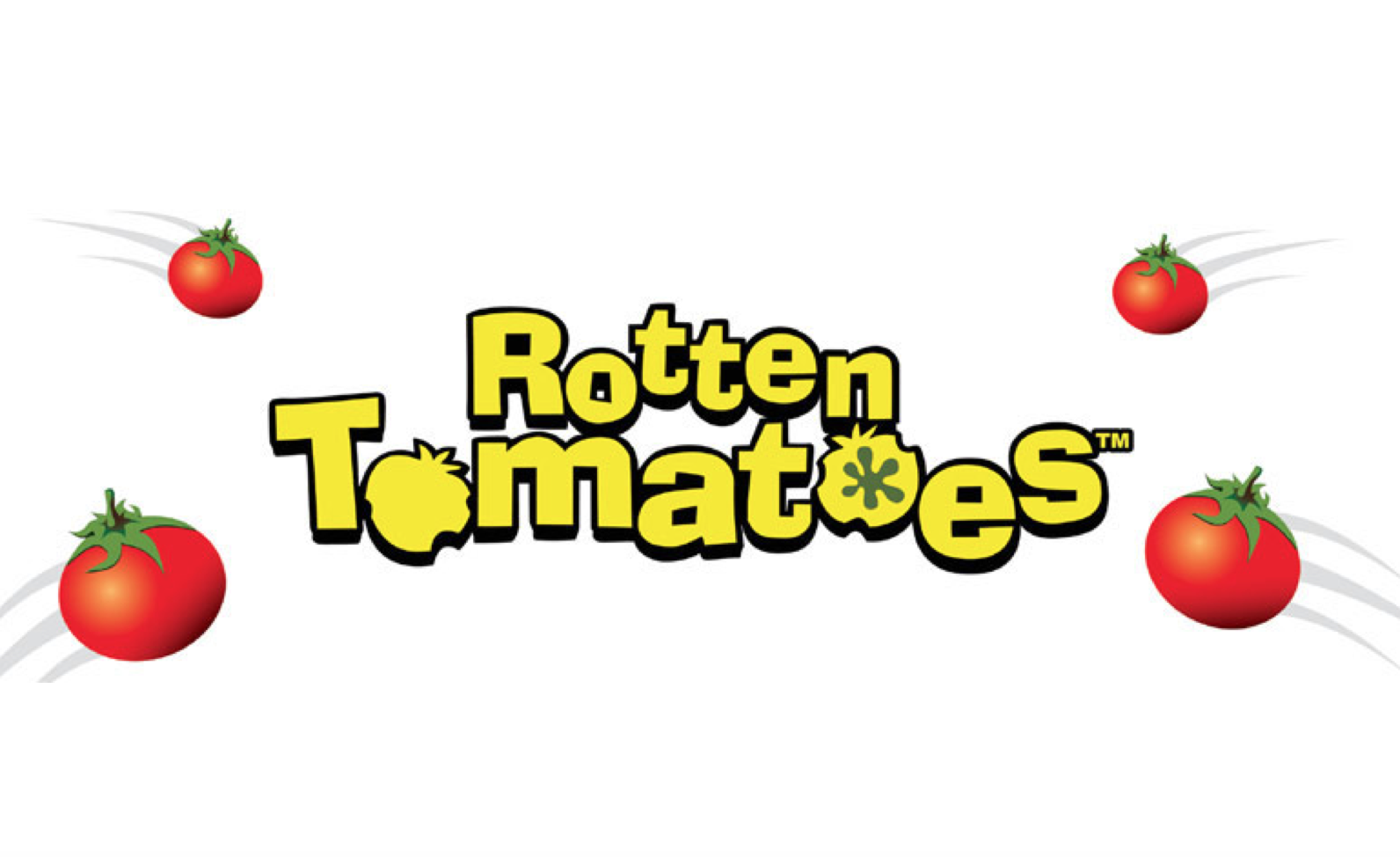
Is Rotten Tomatoes Really A Threat To Cinema?
Rotten Tomatoes could be doing more harm to the cinema industry than it is serving it. At least that’s the message Hollywood directors and producers like Brett Ratner (Family Man, Rush Hour) are trying to convey.
It’s during the Sun Valley Film Festival that Ratner, who was speaking at the event, began a rant against the film review aggregation website, stating that it was “the worst thing that we have in today’s movie culture.”
In a detailed article, Entertainment Weekly reported that the director explained his opinion as follow: “I think it’s the destruction of our business. I have such respect and admiration for film criticism. When I was growing up film criticism was a real art. And there was intellect that went into that. […] Now it’s about a number. A compounded number of how many positives vs. negatives. Now it’s about, ‘What’s your Rotten Tomatoes score?’ And that’s sad, because the Rotten Tomatoes score was so low on Batman v Superman I think it put a cloud over a movie that was incredibly successful.”

In an evident effort to find reasons for the negative reviews that followed the release of Batman v Superman: Dawn of Justice (which currently has a rating of 23% on the website), Ratner pressed that he believes Rotten Tomatoes scores aren’t always correct and mostly unfathomable. He added: “I’ve seen some great movies with really abysmal Rotten Tomatoes scores. What’s sad is film criticism has disappeared. It’s really sad.”
In a statement destined to answer those allegations, the vice president of Rotten Tomatoes, Jeff Voris, wrote: “At Rotten Tomatoes, we completely agree that film criticism is valuable and important, and we’re making it easier than it has ever been for fans to access potentially hundreds of professional reviews for a given film or TV show in one place.”
But does Rotten Tomatoes really offer a clear and fair idea of films’ quality? To find the answer, we first need to understand how the platform’s rating system works.
The Tomatometer rating – what the website calls “the most trusted measurement of quality entertainment,” – is based on the published opinions of hundreds of film and television critics. A good review is denoted by a fresh red tomato and must get a score of at least 60%. Whereas a bad review is denoted by a rotten green tomato splat (59% or less). And finally, to receive the holy grail of movie review, the ‘Certified Fresh’ rating, a movie must have a steady Tomatometer rating of 75% or better.

But who does Rotten Tomatoes define as “critics”? Simply put, if you own or work for an online outlet that achieves and maintains a minimum of 500,000 unique monthly visitors, you’re in. And what could look like an open door to cheap opinions has more filters than one might think, as the website narrows its participants to publications that show “a consistent standard of professionalism, writing quality, and editorial integrity across all reviews and articles.”
What also needs to be remembered is that the final rating of a movie is actually an average of all the reviews’ scores. Which means that, while one might be dithyrambic, it will directly be affected by another that wasn’t as positive. Eventually, all that Rotten Tomatoes visitors and Brett Ratner have to keep in mind is that the end result shouldn’t be trusted as the ultimate evaluation, but more as a ‘first idea’.
Voris actually sums this up pretty well in his answer: “The Tomatometer score, which is the percentage of positive reviews published by professional critics, has become a useful decision-making tool for fans, but we believe it’s just a starting point for them to begin discussing, debating and sharing their own opinions.”
Although Ratner’s recent claim is under heavy media coverage and raises new questions about the true value of the aggregation website, this is not the first time Rotten Tomatoes is being blamed for bad opening weekends, with many other producers who, in the past, identified the platform as the source of the lack of enthusiasm from audiences to go see their movies.




